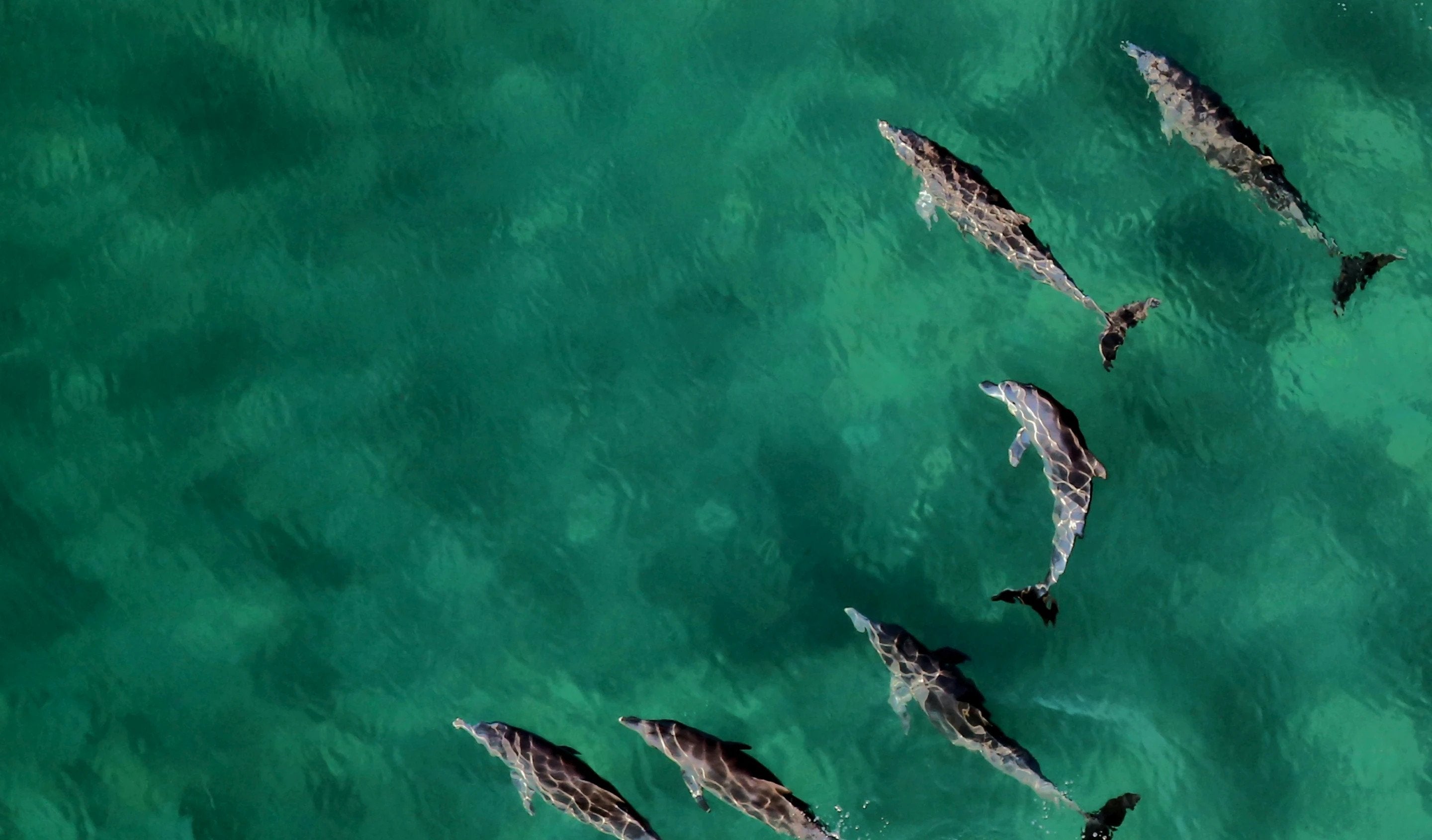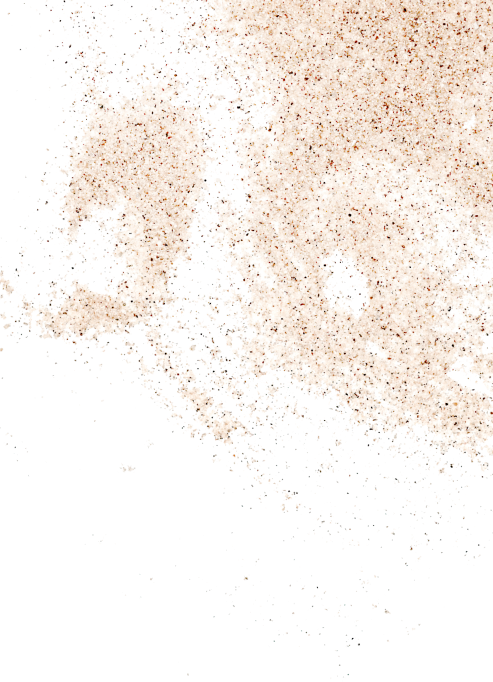They live for a long time. They’re social and intelligent. And they can develop aging-related conditions.
But with our fatty15 breakthrough, we’re just getting started helping both humans and dolphins age in healthier ways.*

We're partners — in life and purpose.




Stephanie served as an epidemiologist tracking diseases for the Centers for Disease Control and Prevention and the World Health Organization. She co-founded the National Marine Mammal Foundation and is a recipient of the Department of Health and Human Services Secretary's Award for Innovations in Health Promotion and Disease Prevention.
Eric held multiple leadership roles as a US Navy military physician, with combat deployments to Iraq and Afghanistan. Experienced in growing companies with medical technologies, he was awarded the 'Best Entrepreneur' in the Startup Company Category at the Veteran and Military Conference and Awards.

To see how these human-like mammals were affected by changes in the ocean and the fish they eat, we looked at two groups:





More dolphins with aging-related conditions.


Fewer dolphins with aging-related conditions.
And those aging-related conditions?
They’re the precursors to diabetes, heart disease and stroke in humans.
The Florida pod ate different fish than their California friends. Fish with higher levels of fatty acid C15:0 (aka FA15™).
When the California pod switched to fish with higher levels of C15:0 (aka FA15™), their aging-related conditions stabilized and their cells stabilized, too.

They live for a long time. They’re social and intelligent. And they can develop aging-related conditions.
But with our fatty15 breakthrough, we’re just getting started helping both humans and dolphins age in healthier ways.*